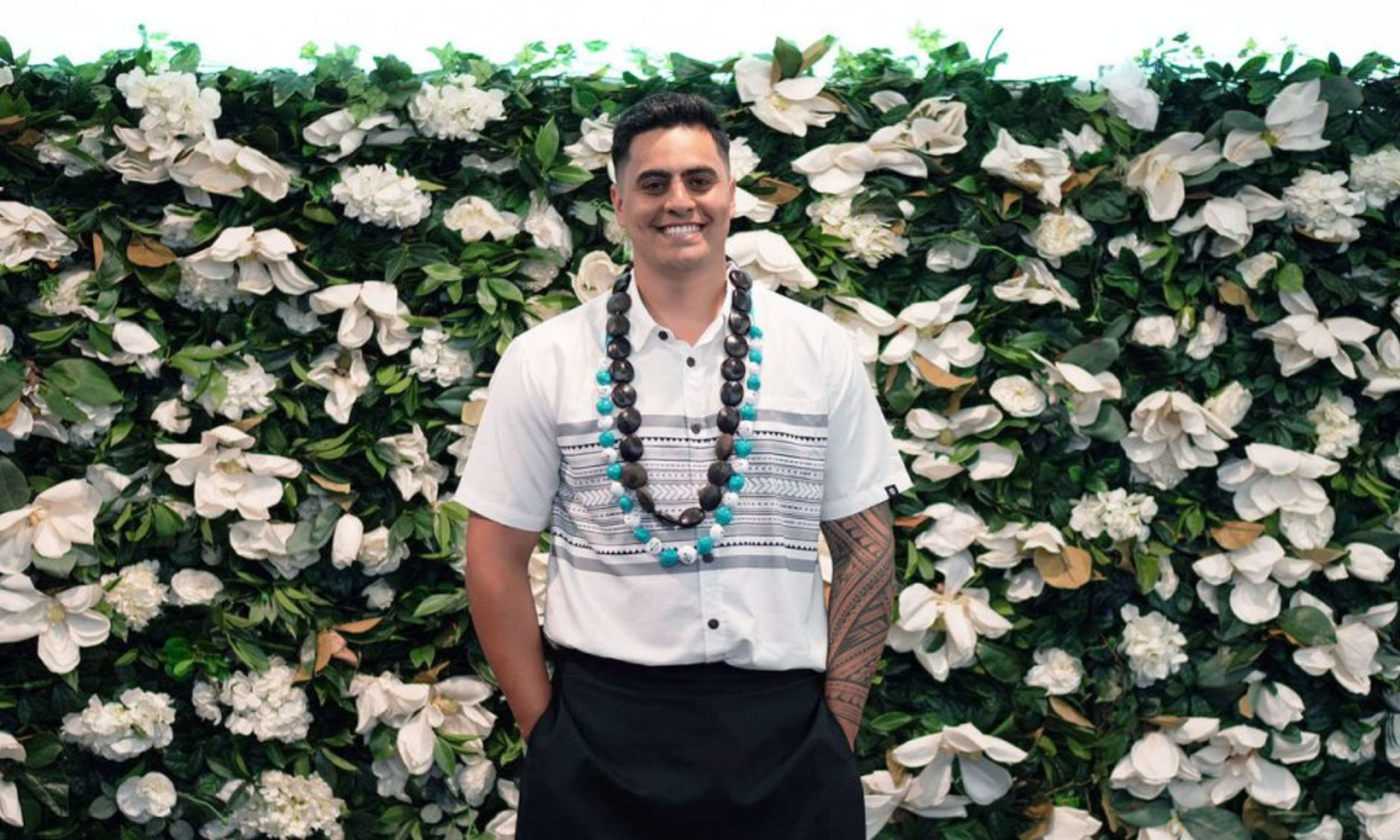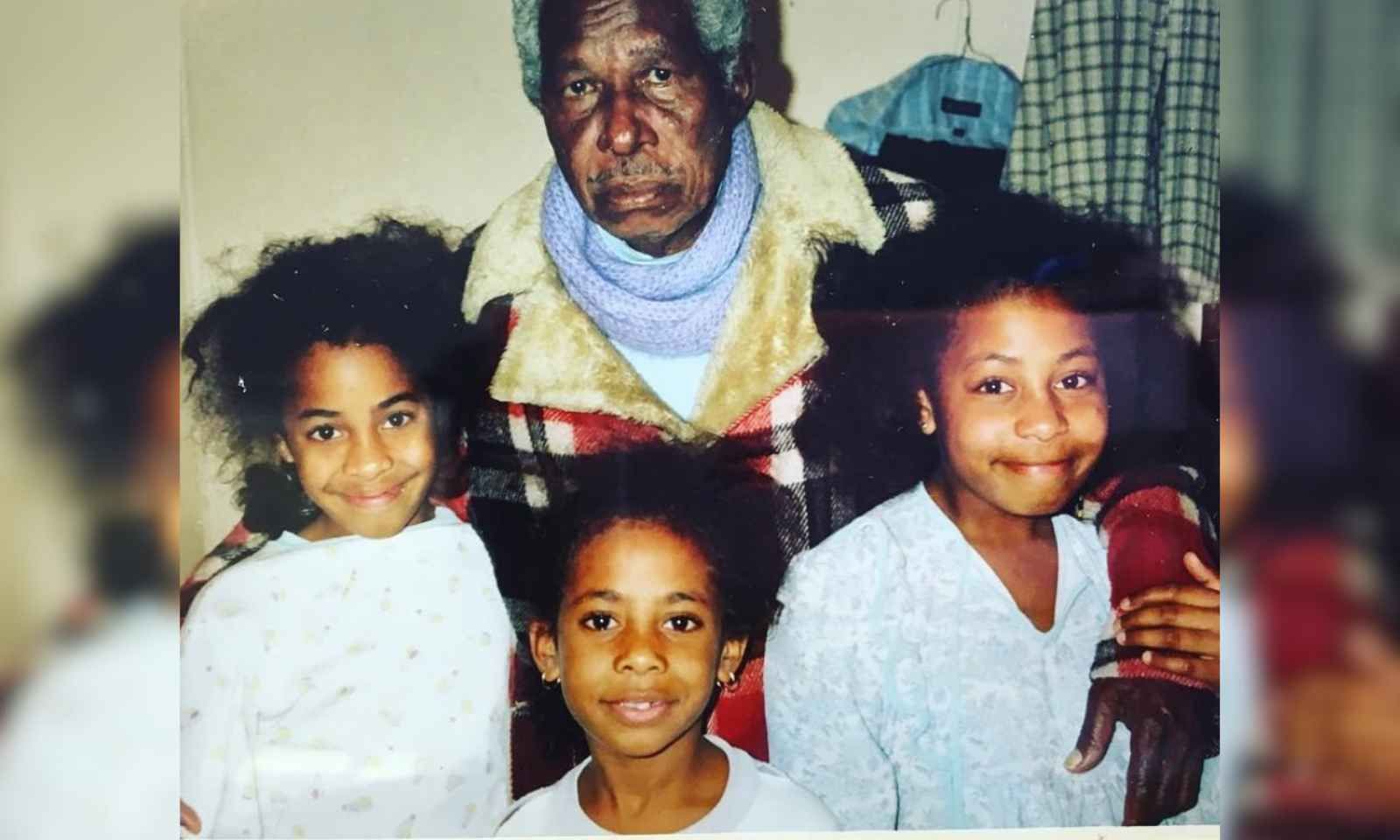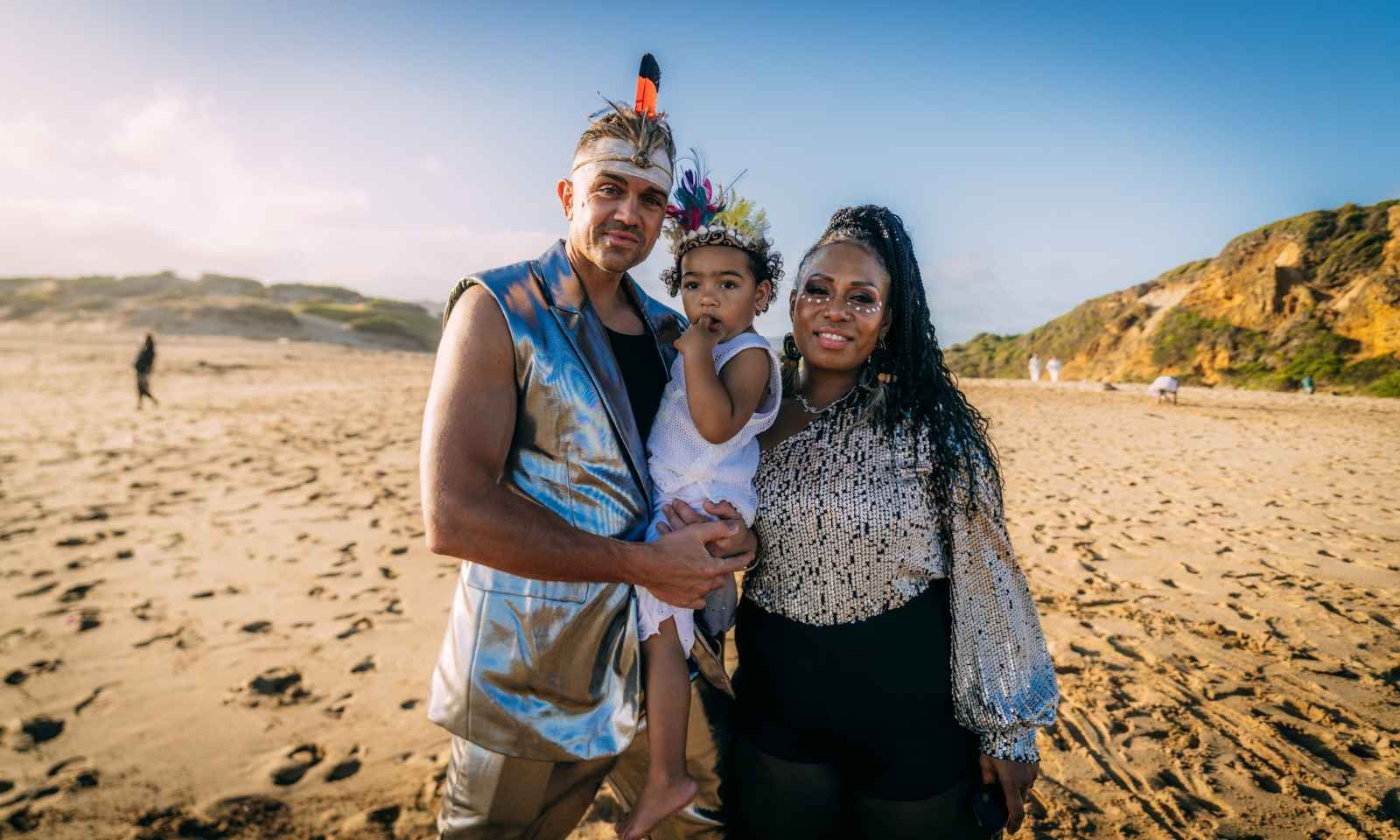

Mitch Tambo and Voice of Lele
Photo/Permission PR
West Papuan singer and husband revive Olympic anthem with multicultural twist
Lele’s journey from fleeing West Papua as a child to becoming a voice for her people spans continents and cultures.


Excellence and possibility: Meet the new face of Pacific medicine in Aotearoa

Top 10 Pacific Island songs you need on your summer playlist in 2025


Our generosity is our strength but we must spend wisely this Christmas - expert

Excellence and possibility: Meet the new face of Pacific medicine in Aotearoa

Top 10 Pacific Island songs you need on your summer playlist in 2025

West Papuan artist, Voice of Lele and her husband, Mitch Tambo, are offering a fresh interpretation of the unofficial anthem from the 2000 Sydney Olympics.
Their new duet of My Island Home will be released on Friday, nearly 30 years after the song’s original debut.
For Lele, the song holds personal meaning.
“When I sing the song, I think of my own island of West Papua and a home that I long for.
“But also, it brings me back to acknowledging that home is where your heart is, and my island home is here [in Australia].
“I haven't been back home [to West Papua] in over 15 years and to be honest, I long for home every day.
“But because it is hard for me to get back home, I have to do my best to just embrace the life that I have now with my family and remain resilient, remain happy and hopeful that one day we will go back to my island home.”
The song, My Island Home, was written by Neil Murray and first performed by the Warumpi Band in 1987.
Australian singer and songwriter Christine Anu’s rendition in 1995 was later recognised as an unofficial anthem during the Sydney Olympics.
Watch the husband and wife duo perform the song on News Breakfast.
Tambo and Lele present their unique versions of the song: Tambo sings in Gamilaraay, an Indigenous Australian language, while Lele sings in Tok Pisin, the most widely spoken language in the Pacific.
“It wasn't that long ago that a lot of our languages on the East Coast were on the brink of extinction,” Tambo says.
“I'm just really blessed that when those policies were in place and that massive disruption of our culture was happening and the displacement of our people, that a lot of our old people held on to sacred knowledge and to our language.
“And when the time was right, they started to bring it back out into the atmosphere and started to share it and it got documented and put into a dictionary.”
Though not entirely fluent in Tok Pisin, Lele emphasised the song’s message of unity.
“I grew up in Vanuatu for a little while and so I speak Vanuatu Pidgin, which is Bislama. But I chose to sing in Thokpi sin of Papua New Guinea because, one, the divide between the east and the west of Papua.

Lele and her sisters with their paternal grandfather, Esau Rumwaropen. Photo/VoiceOfLele Facebook
“There is a colonial border down the middle [of the two countries] and one of the things that really separate us is language.
“So I'm not 1000 per cent fluent, but I try my best because I want to do my part in bringing the two together.”
Their solo renditions will follow the duet release on 7 February.
A family affair with global roots
Although the couple is based in Melbourne, their family story has global dimensions.
Lele was born in West Papua and was part of the first refugee family relocated to Australia (Canberra) in 1988 following intense societal strife between Indonesia and West Papua.
Located just over 6000km north of New Zealand, West Papua is the western half of the island of New Guinea, bordering the independent nation of Papua New Guinea (PNG).

Mitch and Lele with their youngest daughter. Photo/Permission PR
Since the 1960s, West Papuans have been seeking independence after a controversial transfer of the region to Indonesia by the United Nations.
Now a province of Indonesia, activists have raised concerns about the treatment of West Papua’s indigenous people.
Lele’s journey has taken her through PNG, the Netherlands, Vanuatu, and finally to Australia.
As a proud advocate for her people, she speaks four languages - English, Tok Pisin, Biak, and Papuan Malay, and weaves her Pacific roots into her music.
Tackling the big questions together
The duet also symbolises the couple’s shared commitment to celebrating and preserving cultural heritage while building a life that reflects their unique experiences.
“There is a big relationship between our island of Papua and the mainland of Australia,” Lele says.
“Two ice ages ago, we were one land. I feel a really strong connection to the mob here. And it's just beautiful to be able to bring, you know, the two lands and cultures together.
“It’s actually closer to get to West Papua from the top end of Australia than it is to make that Canberra to Sydney trek,” Tambo says.
“It wasn't that long ago in the scheme of our histories. We were meeting out in the middle of the ocean in big, beautiful canoes. We were trading. We were marrying in. We were having ceremony together.
“We were sharing our stories and connections around that beautiful morning star together. So for us to really open up that conversation and celebrate those song lines in our history, in that contemporary context as well, is a real privilege.
“It's beautiful that we're doing it as husband and wife as well.”